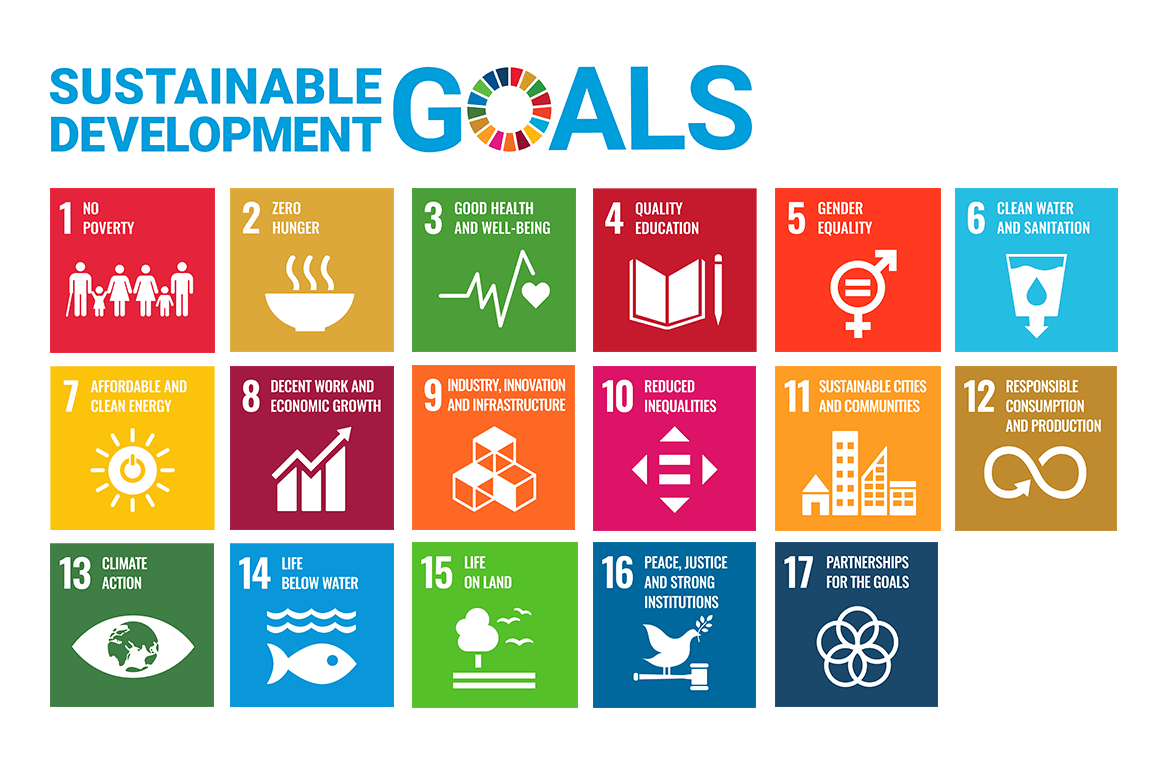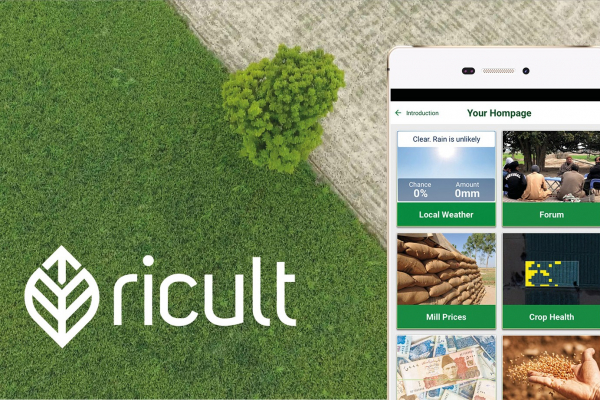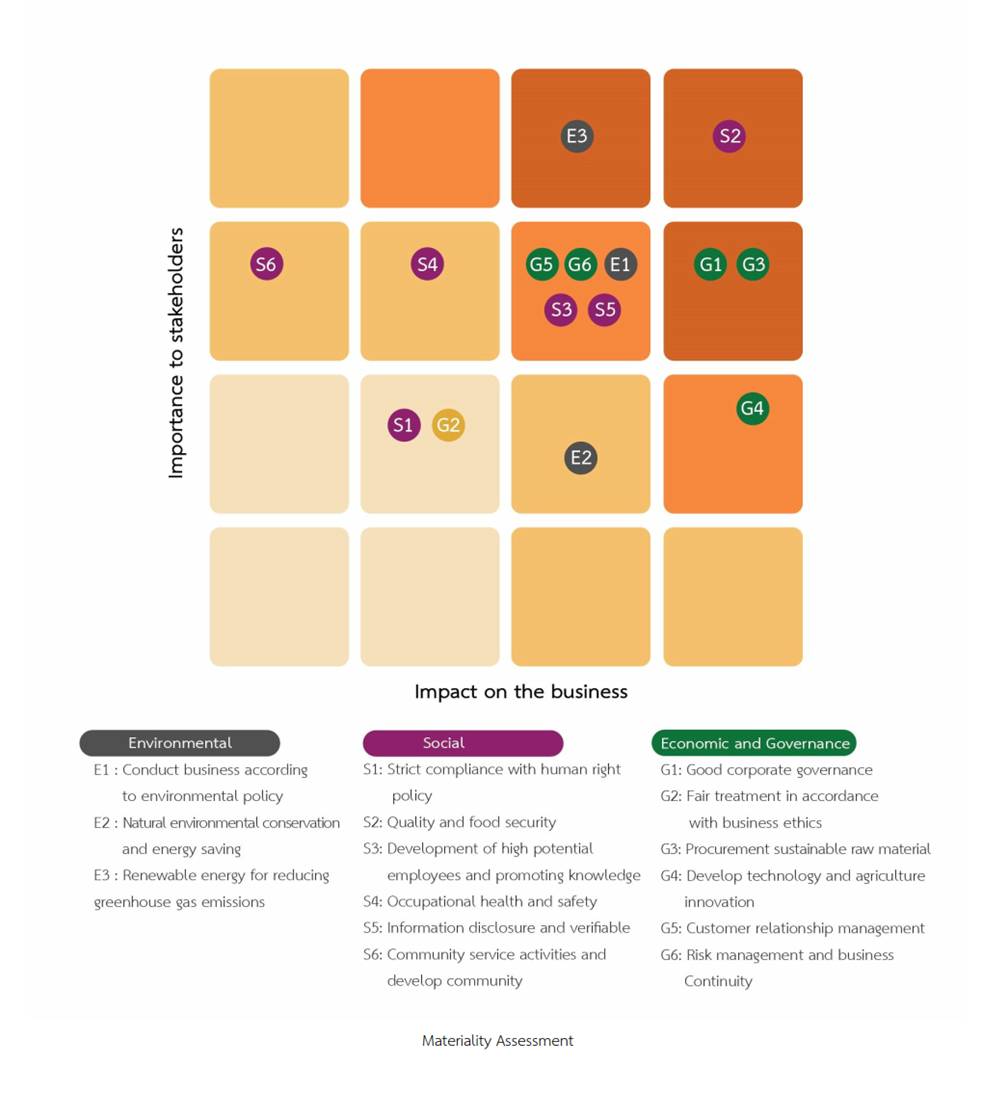Sustainable Development
Sunsweet Public Company Limited has raised the level of business operations toward "Sustainable
development" in response to the Sustainable Development Goals (SDGs) in order to comply with the context
and international standards. The company will adhere to conducting business with economic, social and
environmental responsibility. In order to comply with the mission and vision of the company, “Leader in
the integrated sweet corn business.
With cutting-edge technology and internationalization”, the company has responded to the goal of
sustainable development. Goal 9 : Build a durable infrastructure. Promote comprehensive and sustainable
industrial development Promote innovation (Build resilient Infrastructure, Promote Inclusive and
Sustainable Industrialization and Foster Innovation) has three main objectives: infrastructure, industry
and innovation.
The company has contact farming with sweet corn farmers. and brought the Smart
Farm plan to help improve the process of planting sweet corn To have quality output sent to the factory
continuously throughout the year Including providing knowledge and understanding to farmers on the use of
technology and agricultural innovation to increase the quality and number of produce per rai. using the
following technology

The Company has contact farming with farmers who grow sweet corn.
and adopted the Smart farm plan Let's help improve the sweet corn planting process. To have quality products delivered to the factory continuously throughout the year Including providing knowledge and understanding to farmers on the use of agricultural technology and innovations to increase the quality and quantity of produce per rai. using the following technology

Recult Farmers Application
Applications for weather forecasts. soil measurement satellite and expert advice to improve productivity and profits.

Agricultural Drone
Applications for weather forecasts. soil measurement satellite and expert advice to improve productivity and profits.

Smart farm system
Applications for weather forecasts. soil measurement satellite and expert advice to improve productivity and profits.
Safety at work
SUN is committed to systematic and continuous management of occupational health and safety. With the
intention of reducing the accident rate at work.
and has a goal of “zero accidents"
Industry Innovation and Infrastructure
Sunsweet Public Company Limited has managed energy efficiently in both the electrical energy system by installing a solar power system (Solar Roof Top) size 765.50 kWh and has generated electricity from a generator size 1063 kWh by using biogas fuel from the wastewater treatment system Use biomass fuel from palm shells and wood pallets. in the production of steam energy for use in factories
Materiality Assessment on Sustainability Issues
Sunsweet Public Company Limited conducts an annual assessment to identify material sustainability issues relevant to its business operations. This assessment covers three key dimensions: Environmental, Social, and Governance (ESG).
Materiality Assessment Process
- Identification of Key Issues: The company examines both internal factors such as corporate strategies, products, and production processes and external factors such as trends in the processed food industry, consumer expectations, and relevant regulations.
- Assessment of Materiality: Surveys or interviews are conducted with stakeholders including customers, employees, partners, and local communities to gather insights and perspectives on key sustainability issues.
- Development of a Materiality Matrix: The collected data is used to develop a Materiality Matrix that visually represents the significance of each identified issue.
- Application and Review: The identified material issues are incorporated into the company’s sustainability strategic planning and are regularly reviewed to ensure alignment with changing business contexts.
Results of the Materiality Assessment
In 2024, Sunsweet Public Company Limited conducted a comprehensive and systematic review of its material sustainability issues (Materiality Assessment). This was based on emerging trends in sustainable business practices at both national and international levels, aiming to reflect stakeholder expectations and support strategic corporate planning.
The assessment considered the company’s organizational context alongside key developments in the processed food and agricultural sectors, as well as challenges related to Environmental, Social, and Governance (ESG) factors. It incorporated insights from both internal and external stakeholders. The four most highly prioritized material issues identified were:
